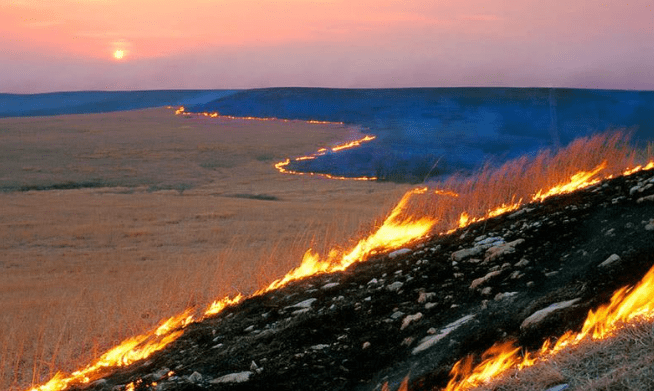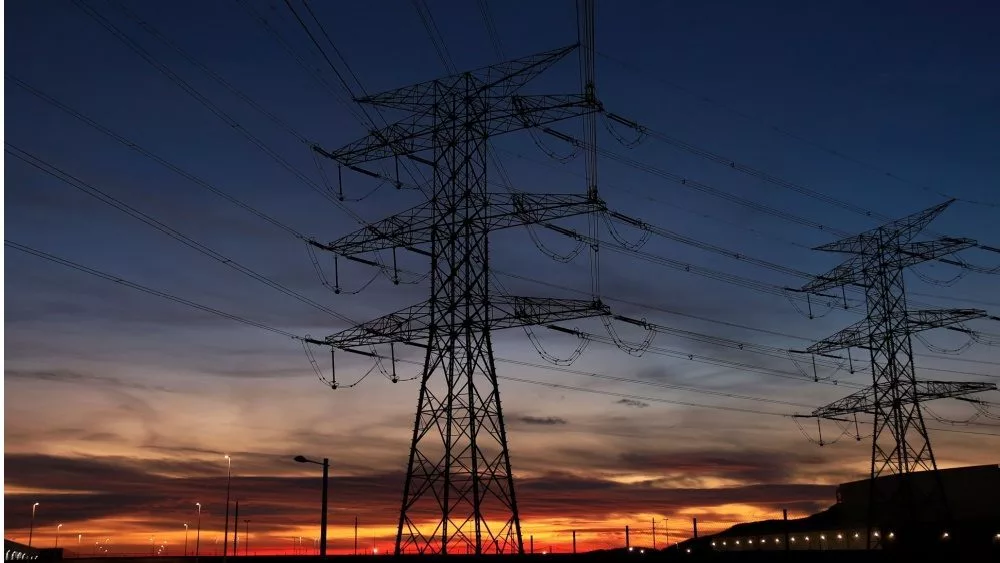The Kansas Department of Health and Environment has issued a health advisory for the upcoming range burning season in the Flint Hills.
The burning is done in March and April, and it’s a tool used by landowners and managers to help preserve the tallgrass prairie ecosystem, control invasive species, reduce woody encroachment from species such as Eastern Red Cedar and provide better forage for cattle. Prescribed burning also reduces the risk of wildfires and is effective in managing rangeland resources. Smoke from the burns can influence the air quality of downwind areas.
The use of smoke management techniques is important in reducing the air quality and health impacts. KDHE will activate the Kansas smoke modeling tool in early March, prior to widespread burning in the Flint Hills. The computer models use fire data and current weather conditions to predict the potential contribution of smoke and air quality impacts to downwind areas. There are approximately 2.2 million acres burned on average in the Flint Hills of Kansas and Oklahoma each year.
The burning releases pollutants that will increase ground-level ozone, and that can cause health problems even for healthy residents. The common effects include burning eyes, runny nose, coughing and illnesses such as bronchitis. People with respiratory conditions, cardiovascular diseases, children and the elderly are more vulnerable to experience symptoms.
Steps to protect your health on days when smoke is present in your community include:
- Healthy people limiting or avoiding strenuous outdoor exercise.
- Vulnerable people should remain indoors.
- Keep indoor air clean by closing doors and windows and running air conditioners with air filters.
- Stay hydrated by drinking plenty of water.
- Contact your doctor if you have symptoms such as chest pain, chest tightness, shortness of breath or severe fatigue.








